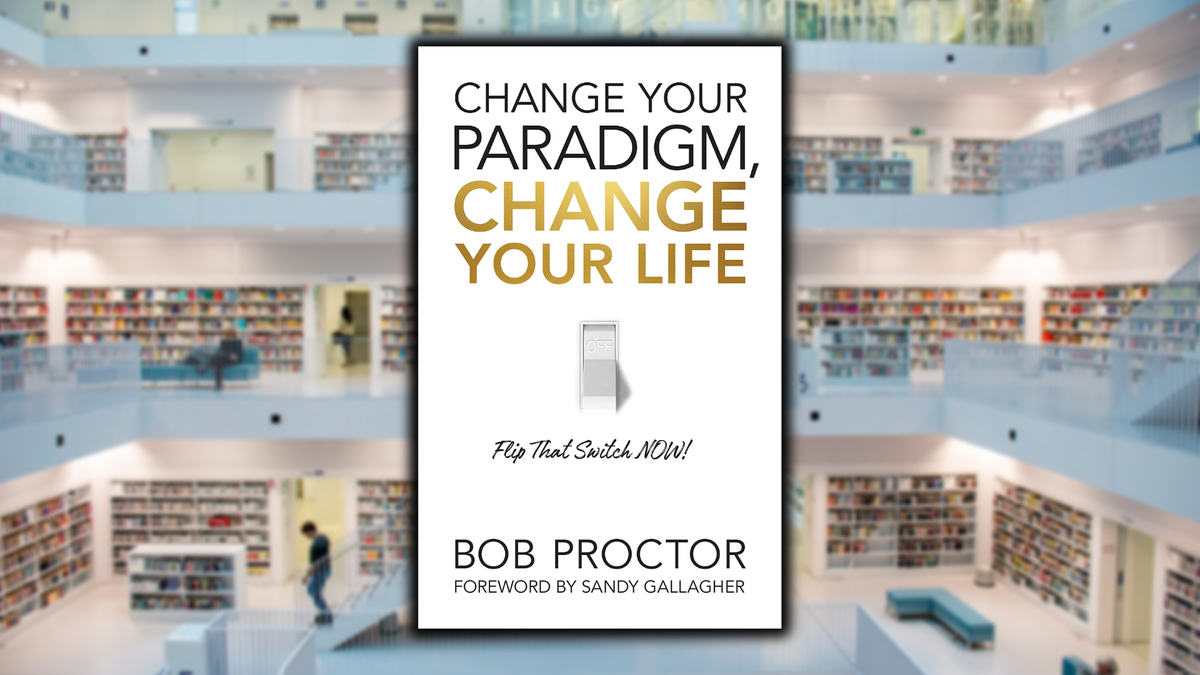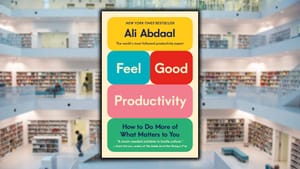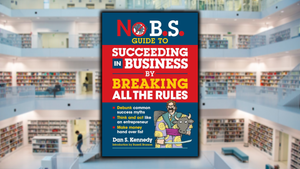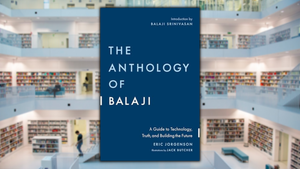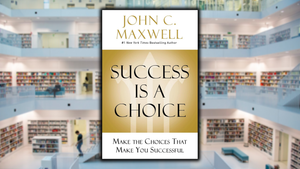
This Book is For:
*People who are looking to make a big change in their circumstances and who are willing to take complete ownership of their future in order to make that happen.
*Anyone who's been frustrated by repeated failed attempts to change their lives in the past, and who keeps getting caught up in cycles of backsliding and regressing to their old, ineffective, self-destructive habits.
*Seekers who are intensely interested in tapping into the full power of both their conscious and subconscious minds in order to actualize their latent creativity.
*Everyone who holds a strong, clear vision in their minds of what they want to achieve and who they want to become, and who are willing to do whatever it takes to make that vision a reality.
Summary:
“There’s perfection within you, and that perfection is seeking expression within and through you. It is always for expression, expansion, and greater good."
-Bob Proctor
If you want to have something you've never had before, you have to do something you've never done before.
Growth happens in the extremes, near the limits, never from the safety of the sidelines. The trouble is, however, that when we do try to break free of our perceived limitations, when we make a different choice, our brain actively resists this change in an effort to maintain comfort and stability.
Positive change is often uncomfortable, and I've just never found a way to get around that. Anyone who tells you otherwise? Proceed with caution.
Our prior programming keeps us stuck in patterns that don't serve us anymore - in our old paradigms, as Bob Proctor puts it - and his book is all about giving you a fighting chance to shed these limiting beliefs and stimulate real, lasting change.
If only it were that easy.
The truth is that we each face enormous external and internal pressure to remain the same. Pressure in the form of societal expectations, the downward pull of "cultural gravity" and the people we spend time with, the demands of our parents and family members, and even unspoken, unconscious beliefs passed down from generation to generation.
These beliefs tell us that "people like us" don't start businesses or earn more money than we've made until now. They tell us that we're stuck with the bodies we have and in the shape they're in now, and that the only type of relationship we can have are the toxic ones in which we're consistently unhappy and underappreciated.
It doesn't have to be that way.
We can change our paradigm, and thus, change our lives.
Now, a valid criticism of teachers like Bob Proctor is that they make it all sound so easy. And indeed, I'm generally wary of anyone who uses words like "manifesting" and "abundance" unironically.
It's also fair to say that sweeping, unequivocal statements like "Anyone can become wealthy!" attract more buyers of self-help programs than realistic, measured statements like, "With enough intelligent effort, and over a long enough period of time, it's possible that you'll be much better off than you are now." The former sells books and tickets and courses, and the latter, although it's closer to the truth, just don't make for good TV.
So it's best to take some of Proctor's claims with a cautious grain of salt, but the underlying message of his work is an important one:
When we want to make a big change in our lives - when we're setting out to do something extraordinary - our habitual, ordinary mental programming will try to subconsciously slow us down.
It's not comfortable to take sustained, massive action over a timespan of years and years to build a profitable business, to nurture deep, healthy relationships with people who value us unconditionally, or to make significant changes to our physiology by undertaking hard, exhausting, physical action.
It's not comfortable to make these kinds of changes, but it's possible, and in order to do that, we each need to constantly and consistently reinforce ourselves with the mental images of what and who we're becoming. We need to gather evidence for our new, desired state, and we have to keep doing that for as long as it takes for our subconscious mental programming to catch up and admit that yes, this is who we are. This is what we deserve.
Notice how the above paragraph is a lot different than, "Repeat these positive affirmations in the mirror each morning until you're driving a Rolls!"
What we're really doing when we're changing our paradigm is that we're raising our standards in life. Actually, you can think of your paradigm as like an internal thermostat that's always keeping track of what you "deserve" in life.
This is extremely important to understand:
The external conditions of your life will rise and fall in accordance with the level your internal thermostat is set to. It's literally impossible to live life at Level 100 when your thermostat is set to 75. You need to raise your standards and refuse to settle for anything less than a Level 100 Life.
That being said, once you do set your thermostat to, say, Level 85, the mental forces of anxiety, worry, self-loathing, imposter syndrome, etc. will try to drag it back down to 75. Honestly, it takes work - strong, consistent effort - to raise your thermostat back up to 76, and then to 77, and beyond, and it's definitely not easy to do. Most people fail.
That much is obvious. But what I will say is that the effort will always be worth it, and the results of changing your paradigm - raising your standards, setting your thermostat higher and higher - tend to last a long time, perhaps even forever. If you quit and never try again, though, that will last forever too.

Key Ideas:
#1: You're Working with an Enormous Power
“When you’re thinking, you’re working with an enormous power. Thought is the most potent energy there is.”
Everything you've ever been a part of in your entire life - all your happiest moments, your greatest victories, your most tragic losses, your most surprising life events - have taken place entirely within your own mind.
Where else could they have been experienced?
Your mind encompasses literally your entire experience of life and the universe, and you hold the awesome power of consciously directing this force toward making your life into everything it could be.
This creative power that you possess is entirely yours, and you have a tremendous amount of control over what inputs you allow to influence your mind, and also the conscious goals toward which you direct this powerful energy. You are working with an enormous power, and thus, you have an enormous responsibility.
As I've written about in my breakdown of Million Dollar Habits, by Brian Tracy:
Your amazing brain has 100 billion cells, each of which is connected to as many as 20,000 other neurons. The possible combinations and permutations of ideas, thoughts, and insights you can generate are equivalent to the number one followed by eight pages of zeroes. According to brain expert Tony Buzan, the number of thoughts you can think is greater than all the molecules in the known universe.
There are also vast, undiscovered depths that make up your subconscious mind, and most people don't even spend the time to consider this fact, much less do anything about it.
You see, there are things you can do with this subconscious force, and I'm not talking about the same stuff as those scam artists telling people they can "get rich by using the full power of your subconscious mind," or anything like that. Sure, I mean, you'll probably make more money than the people who aren't using their minds to their full potential, but is money seriously all you want?
Using the power of your mind just to make money is like someone with an enormous sum of money in the bank asking themselves if they have enough money for a new tie or a pair of shoes. Your mind is capable of so much more.
Your subconscious mind contains every single sense impression that you've ever experienced in your entire life. Everything that anyone has ever said to you or done to you; everything you've seen online or read in a book; everything you've ever touched or felt or heard - it's all there, stored away in your subconscious, constantly being processed and turned over and influencing your conscious mind when you make decisions and make things happen in the external world.
That's why it's so important to guard your mind - be the bouncer of your own mind - and to be extremely conscious about what you let into your consciousness. Turn off the trash TV and pick up the best book you can find. Eliminate the toxic energy vampires from your life. Embrace positivity, and reject negativity.
Your brain is always paying attention.
You know how you sometimes get the best ideas coming to you when you're doing something else, like taking a walk, working out at the gym, or even doing the dishes?
Your subconscious mind is always working, processing, connecting, and creating. It's always working with the inputs you provide it, and producing a result in the external world.
So what kinds of results do you want to create in the external world?
Don't just use the enormous power of your subconscious mind to get more "stuff." Use it to create art. Use it to spread goodness and love and more Life. I mean, that's just what I would do. Yes, it's important to have money and to provide for the people closest to you, but cash doesn't have enough "calories" in it to really sustain your spirit.
When you think about it, everything you see in the "external" world (that is, experienced through the medium of your own mind) began as a thought. Inventions, space stations, music, monuments, cathedrals - they all began as a thought within someone's mind, someone who then made that thought real in the external world.
Your brain is fundamentally the same as theirs. They have a human brain, and so do you. There's nothing in the world that didn't exist first as a thought and great achievements are the results of people consciously utilizing this enormous power that is available to all of us.
#2: The Perfection Within Us is Seeking Expression
“One of the first laws of the universe is the perpetual transmutation of energy: energies are forever moving into form, through form, and back out of form.”
In one of my favorite books of all time, Cosmos, by Carl Sagan, he explains that every single element that makes up the human body originated in a distant star that exploded, had its elements spread out across the universe, and gradually coalesced to become...us.
We are starstuff, he used to say, and what that means is that human consciousness is actually the entire universe becoming conscious and experiencing itself. I literally still remember where I was when I first read that. I remember how it stopped me cold; it made me feel something I had never felt before, but yet somehow remembered.
Conversely, when we die, the elements that made up us dissolve back into creation and return to the universe of endless time.
You are a part of that - you are intimately connected to everything that ever was and that ever will be - and "you" are forever moving into and out of form. So is everything - and everyone - else.
For many people, that realization is a paradigm shift. It's a massive jolt to their consciousness, and a total repudiation of the idea that we exist for ourselves, and that our well-being isn't also intimately tied up with the well-being of every single person with whom we share the planet; the universe!
I call that a helpful belief, an empowering belief. See, I ruthlessly curate my reality so that I only believe ideas that serve me and my conscious evolution. I don't believe in separation, I don't believe in enemies, and I don't believe in selfishness.
I believe in the Ultimate Perfection of the Universe, and I hold onto the confident expectation and trust that in the end, everything's going to be fine. And that, if everything is not yet fine, then it's not yet the end. I stole that from Oscar Wilde, but hey, we're both stardust, right? Right. Moving on...
Let's bring this back to your life. If the world is getting better all the time, and there's lots of evidence for this claim here, here, and here, then it's up to us to keep up the momentum. To be part of the solution, and to band together for the greater good of us all.
I choose to believe that the history of the universe is a constant, unrelenting move toward perfection and peace, and I believe that it's up to all of us to make that happen, to move that process along. This perfection is part of the basic fabric and structure of existence itself, and it's our job to make it real in the here and now.
No single person can do it alone - indeed, there are no extra people on the entire planet. All of us possess infinite value as humans because we are literally irreplaceable, and the problems of the world are simply too great to abdicate our personal and collective responsibility toward solving them.
Some of us have larger or smaller parts to play, but it is essential that we play these parts well. Hold this image of perfection and progress in your mind at all times, and make your life a constant movement toward it. Because as Bob Proctor says:
“When you focus on one idea, that idea must move into form.”
#3: Make the Unconscious Conscious
“Advertisers know that if they fire an idea at you often enough when you are in a certain mental state, you will act on that idea. They get you in a state of fascination.
You’re watching a movie: there’s somebody sneaking up behind somebody. Your heart is pounding, you’re on the edge of the chair, and all of a sudden, bang! There’s a beautiful car in front of you. They don’t do that once. They do that over and over. Then you wonder why you’re wandering around the auto showroom.
The subconscious mind is where everything happens. It’s what causes us to move into action. The conscious mind, though, can dictate what’s going into the subconscious. You’ve got to think, but most people don’t.”
We've covered the awesome power of your subconscious mind already, but it bears repeating. And we're also going to add some new information here.
One of the most important things to realize is that you have direct, conscious control over what gets fed to your subconscious mind.
What happens down there is a mystery (it's literally subconscious), but you can decide to embrace positivity instead of tolerating negativity; you can decide to listen to an enlightening podcast instead of gossiping about your stupid co-workers; you can decide to pick up a great book and engage with the ideas of the greatest, most brilliant people who have ever lived.
These are choices you can make, and what goes into your subconscious is far too important to leave up to chance.
Remember: You control the inputs. You don't have complete control (no one does), but again, you "have to" ruthlessly curate your own reality and cut out everything that doesn't serve your highest purpose as a fully enlivened human being.
Remember: Your brain is always paying attention. Your subconscious remembers everything, including all those times you let yourself down or gave less than your total effort.
Being able to trust yourself is so insanely valuable, and I can't possibly overstate the importance of never lying to yourself, and never letting yourself down. You have real - though limited - control over what enters your subconscious mind, and optimizing your inputs is literally a matter of life and death.
#4: Construct Your Own Paradigm
“Our paradigm was built through repetition – constant, spaced repetition – and that’s the way it’s going to be changed.”
There’s only one part of the universe that we can change, and that is ourselves. We have leverage over our own minds, and we can consciously direct this power to build the kind of life we love living.
A massive part of this, as I keep repeating ad infinitum (or ad nauseum, to some people!), is curating our own reality, and, in Bob Proctor's terms, constructing our own paradigm.
The "real world" exists, but we don't have to live in it. At least, not in the version of the real world that other people keep trying to force down our throats.
We don't have to be depressed and anxious. We don't have to be broke and struggling. We don't have to be scattered and busy and unfocused. We can choose a different paradigm, we can raise our standards, and we can gather evidence that we are who we say we are by proving to ourselves over and over and over again that we have what it takes to break free from the lesser life that others try to impose on us.
We can construct our own paradigm.
We get to choose the quality and nature of our thoughts.
We are allowed to raise our standards and commit to going through life at world-class, instead of just getting by.
Within reason, your paradigm can be whatever you want it to be (a 50-year-old man who's 6"8 and 180lbs will never be Mr. Olympia, no matter what his "paradigm" looks like), and we can make it stick by using spaced repetition.
What this means is that every moment we're taking the kinds of actions that someone with our ideal paradigm would take. We're being the kind of person we're becoming. And, most importantly, we're doing these things - and thinking these thoughts - over and over and over again until that new paradigm becomes ours. Until it becomes our permanent waking state. Until we are that person, and we do play at that level, effortlessly. It's no longer something we're "trying on" anymore - it's who we are.
To construct your own paradigm, you need to become exceptionally clear about what it looks like. What beliefs do you hold? What are you capable of? What does the "real world" look like, and what is your place within it? What are your options within this real world, and what does your future look like?
These are the kinds of questions you need to ask, and you'll need to "live your way into the answers." This is not an exercise you can just do once and then forget about it and move on to the next thing. It's a lifetime practice, and you need to get serious about it. Emotional about it, even. Because as Bob Proctor says:
“It’s not just what we think; it’s what we internalize, because you can think something without internalizing it. You’ve got to internalize these thoughts, you’ve got to emotionalize them, or they’re not going to do you any good.”
#5: How to Name Your Own Salary
“The income you earn is in direct ratio to the need for what you do, your ability to do it, and the difficulty of replacing you. There’s got to be a tremendous need for what you’re doing, so you’re going to get really good at it, and you’re going to be really difficult to replace.”
Proctor speaks about money quite a bit, and hey, fair enough. Money is an incredibly important part of life, and many people flock to these kinds of motivational speaker types because they're making a lot less money than they want to be making.
I've been critical of certain charlatans in the past who have led people on with easy promises of vast riches that they can gain by just "getting in touch with the universe" or whatever, but Proctor actually gives some pretty solid advice here.
The fact is that having money makes a whole lot of other things in life a whole lot easier, and a big goal of mine here at the Stairway to Wisdom is to help people finally figure this stuff out and become free.
Part of making more money is all about mastery, as Proctor says, and about increasing your value in the marketplace. That might sound a bit cold and inhuman, but we're basically just talking about filling a need that society has, becoming great at fulfilling that need, and thus reaping the financial rewards of your hard-won mastery.
You can write your own ticket in life and become financially unbreakable, but that involves being as irreplaceable as possible.
See, too many people are just offering "better," when instead the real money is in being "different." I mean, how many people do you see offering their design services at $5 per logo, competing with the people who offer logo design for $4 per logo, who, in turn, are competing with people offering their services for $3? Where does that end?
I'll use myself as an example. Three core desires people have in life concern the areas of health, wealth, and happiness. Most people have a strong desire to improve their situation when it comes to at least one of those things, so I know that those are lucrative areas to focus on.
The Stairway to Wisdom is focused primarily on wealth and happiness, but I love inspiring people with my fitness content as well. Moreover, I'm becoming irreplaceable, as there isn't anyone that teaches these concepts in the same way that I do. My systems and processes and insights, etc. are rare and valuable, and that's why I'm always going to earn more money than people offering diet plans for $5 or whatever.
What's more, as I keep reading and learning and developing and expanding, I'm increasing the gap between myself and my "competition." A fitness model business owner who's read 1,150+ books and crusades for children's education? Good luck replacing me!
That sounded a little more braggadocious than I intended, but you get the idea!
It's the same thing with heart surgeons if you want a different example. Their skills are rare and valuable, since not that many people know how to replace a heart valve, and they're literally saving people's lives. They fill a vast need, they are really good at it, and it's a big investment to train someone else to do it. Thus, they get paid a lot of money for their services.
We're always going to need to fill a variety of positions that aren't that glamourous and don't command much in the way of salary - and there's absolutely no shame in working a necessary, useful, minimum-wage job - but the highest earners in our society will always be the people who are solving the biggest problems, and/or helping the highest number of people.
Thus, if you want to earn more money, figure out a way to solve bigger problems, or help more people solve smaller problems.
#6: Taking Ownership of Your Life
“People don’t resist change; they resist being changed. If I decide to change, I’ll change.”
People who create their own paradigms are generally those who have an internal locus of control. They believe - rightly - that their lives are up to them, and that if anything is going to change, they're the ones who are going to have to enact that desired change.
The key word is "desired" change. People resist being changed against their will.
As the saying goes, people support what they create. Some authority figure telling you to change isn't going to be nearly as effective as you deciding that you want to change.
That's why, even though I often say things like "you should," I realize that ultimately, only you can decide what to do with this information, and what kind of changes you'd like to make to the way you currently live your life.
I'm only trying to help, but even my advice and input are going to be clouded by my own experiences and worldview. "You should." Well, maybe I think "you should," but that's simply advice that it's up to you either to accept or reject.
However, study after study has found that people who take ownership of their life achieve considerably better outcomes in all areas of their lives than people who believe that things just happen to them.
Instead of believing that something happened to you, choose instead to believe that you happened to it.
You have agency, control, and influence, and it's high time you stepped into the fullness of your power and began consciously to direct the outcome of your one and only life. The first step is making a firm decision, the second step is to see it clearly and vividly inside your own mind, and the third step is to make it real through daily, disciplined action in the direction of your goals. That's it. There is no "secret."
If there were a secret at all, I would say that it's that, deeply, fundamentally, we are all already complete. We are already infinitely valuable human beings, and we don't need to do anything to achieve that infinite worth. And yet, it's still fun...exciting...to embark on the adventure of constructing our own paradigm and living faithfully within that paradigm for as long as it serves our conscious growth and evolution.
Because there is actually work to be done. It's a paradox for sure, but we are all already perfect, and we each could use a little bit of improvement!

Book Notes:
“The future must become the present in the imagination of the one who has wisely and consciously created circumstances.”
-Neville Goddard
“Memory, perception, will, reason, imagination, intuition – these are phenomenal powers, but do we understand how they work?”
“When you change the way you look at something, what you look at changes.”
-Wayne Dyer
“Aerospace engineer Wernher von Braun put it very well. When John Kennedy asked him, ‘What would it take to build a rocket that would carry a person to the moon and then bring him back safely to earth?’ von Braun answered, ‘The will to do it.’”
“I’ve been studying that for three months.”
“The same page?”
“When I understand it, I’ll turn to the next page.”
“The paradigm is the most important concept that anyone can study. It controls everything in our lives. Now I think I’ve got a pretty good understanding of this concept, but I want to understand it better, so I keep studying more. If you want to change something, you’ve got to use repetition. If you’d only been told your name once, you wouldn’t even know what it is. They had to call you by name over and over until finally you started to respond to it.”
“They just got by. God’s highest form of creation, and they just got by.”
“When you read a good book through the second time, you don’t see something in that book that wasn’t there before; you see something in yourself that wasn’t there before.”
“In times of change, the learners will inherit the earth. While the learned find themselves beautifully equipped to deal with a world that no longer exists, the learners will inherit the earth.”
-Eric Hoffer
“To learn, you need a certain degree of confidence - not too much, not too little. If you have too little confidence, you’ll think you can’t learn. If you have too much, you’ll think you don’t have to learn.”
-Eric Hoffer
“If you knew how little other people were thinking, you wouldn’t be concerned with what they’re thinking.”
“If the average person said what they were thinking, they’d be speechless.”
“Your results are always under construction.”
“When people think of the intellect, they think of left-brain, logical functions, whereas the things that impress the subconscious are more oriented toward the right brain: affirming a goal with great emotion, and creatively visualizing that goal in ways that impress it visually on the mind. These practices help shift the paradigm.”
“Everything is already here.”
“The ways and means to accomplish our goals are already here. We just have to get in touch with them.”
“You’ve got to act like the person you want to become.”
“All the great actors live their parts. That’s what we’ve got to do. We’ve got to write the script and live the part. That’s how it moves into form.”
“Imitation is suicide.”
-Ralph Waldo Emerson
“If you look for good in everything, you will find good in everything, because there is good in everything.”
“Procrastination results from not making a decision.”
“You’re the only problem you’ll ever have, and you’re the only solution.”
“The more you read, the freer you’ll become.”
“I’m always recreating myself, but I see it as finding a better way to help people understand what they’ve got going for them.”
“If you can see it in your head, you can hold it in your hand.”
“Never let anybody decide what you’re going to earn. That’s something you’ve got to decide. If you’re letting somebody else decide, and you’re not happy with it, you know what you have to do: you have to get out of there and go out on your own.”
“Selling is the highest-paid profession in the world. A commission salesperson is the highest-paid person in the world. No one can earn the amount of money a salesperson can earn. Nobody can come close.”
“The libraries are full of knowledge, but knowledge in itself is not power. If it were, all the librarians would be multimillionaires.”
“There’s a power flowing into our consciousness that is without form. We’re going to give it form.”
“With both faith and fear, you’re believing in something you can’t see.”
“If you can see it, it’s there.”
“Wanting is not getting; getting is a side benefit of wanting. Wanting is growing.”
“If you do something for ninety days, you’ll probably do it for the rest of your life.”
“The only thing that can grow is the thing you give energy to.”
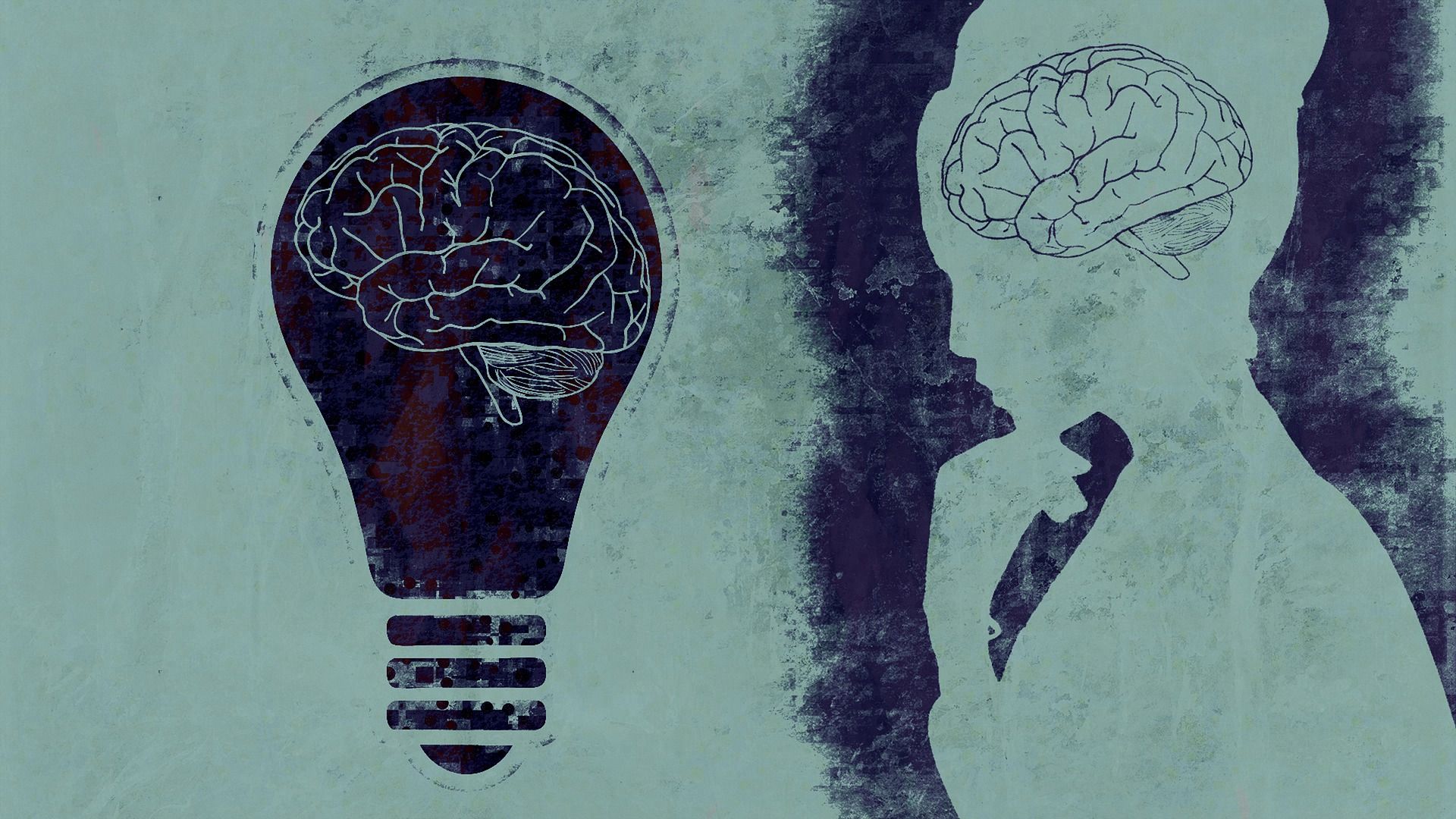
Important Insights from Related Books:
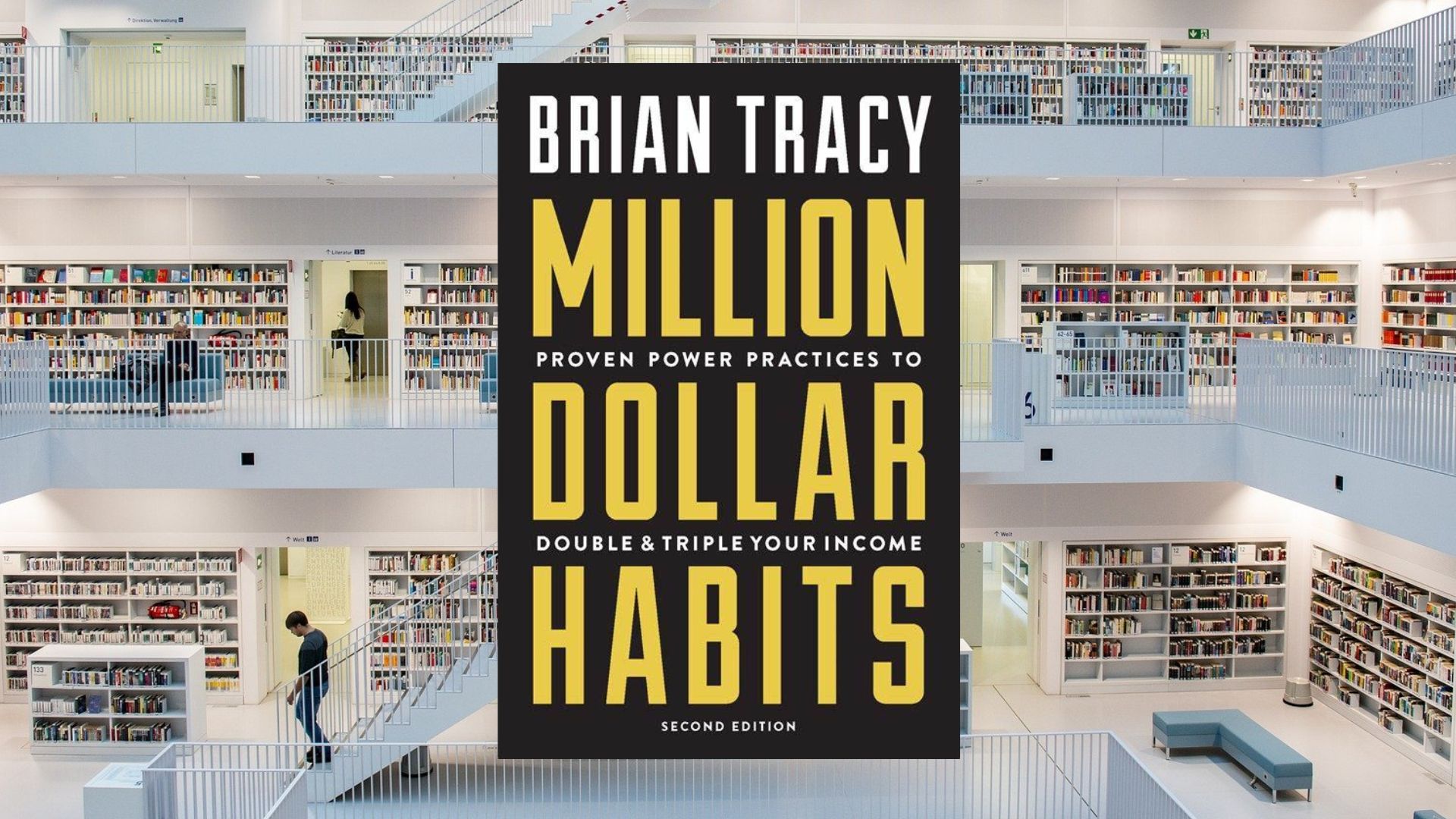
Million Dollar Habits, by Brian Tracy:
“You are where you are and what you are because of yourself. Everything you are today – or ever will be in the future – is up to you. Your life today is the sum total of your choices, decisions, and actions up to this point.
You can create your own future by changing your behaviors. You can make new choices and decisions that are more consistent with the person you want to be and the things you want to accomplish with your life.”
-Brian Tracy
Habits can actually be exciting if you start thinking about them in the right way. Most people, and most books, make habits boring, but they certainly don't have to be.
Instead of thinking about all the routine, the deprivation, and the mundane repetition of basic actions, think about the freedom and the success that will come into your life as a result of embracing the habits of the world's most successful people. That's what Brian Tracy's book will help you do.
All these simple, seemingly inconsequential things you're going to be doing day to day may seem like they're not having much of an effect, but then the power of compounding takes over, and you start to reap the inevitable results of your great habits, until eventually, you're going to wish you started ten years ago.
Your past doesn't have to define your present or your future. You can make different choices today, and those choices will directly influence every single one of your tomorrows.
Successful people have ‘success habits’, and unsuccessful people do not. That's the reality. Yes, we absolutely start off in different places in life, but we can make one hell of a lot of progress, starting from the very day when we decide to consciously direct the course of our own lives by taking full and complete responsibility for the habits we perform on a daily basis.
All habits are learned as the result of practice and repetition, and you can learn any habit that you believe is either necessary or desirable. As Brian Tracy says, just as your good habits are responsible for most of your success and happiness today, your bad habits are responsible for most of your problems and frustrations. The key is to realize that you have learned your bad habits and that they can be unlearned as well.
These habits are easy to do, but they're also easy not to do. That's why we have to be intentional about building great habits and removing negative ones. It's rarely going to happen by accident. Taking responsibility is like placing both hands on the steering wheel of your own life, and that's where successful habit formation begins.
Sample Quotes from the Book:
“Whatever your self-concept, your habit of thinking about money, or any other area of performance, very soon becomes your ‘comfort zone.’ Your comfort zone then becomes your greatest single obstacle to improved performance.
Once you get into a comfort zone in any area, you will struggle unconsciously to remain in that comfort zone, even though it may be vastly below what you are truly capable of achieving in that area.”
“If you are accustomed to earning $100,000 per year and you lose your job or move across the country and start over, within a few months, you will be earning $100,000 per year.
Once your self-concept income level is permanently programmed into your mental hard drive, your subconscious and super-conscious mind will always find a way to achieve that level of income, no matter what happens around you.
The key to achieving your full potential, increasing your income to vastly higher levels than it is today, and enjoying the very best that is possible for you in every area of life is for you to raise your self-concept in that area.
You must develop new habits of thinking about what is possible for you. The way you accomplish vastly more on the outside is by changing your thoughts and feelings about your potential in that area on the inside.”
“If you confidently expect something to happen, this expectation has a powerful effect on your attitude and your personality.
The more confident your expectations, the more likely it is that you will do and say the things that are consistent with what you expect to happen. As a result, you will dramatically increase the probabilities that you will achieve exactly what you are hoping for.”
Read the Full Breakdown: Million Dollar Habits, by Brian Tracy
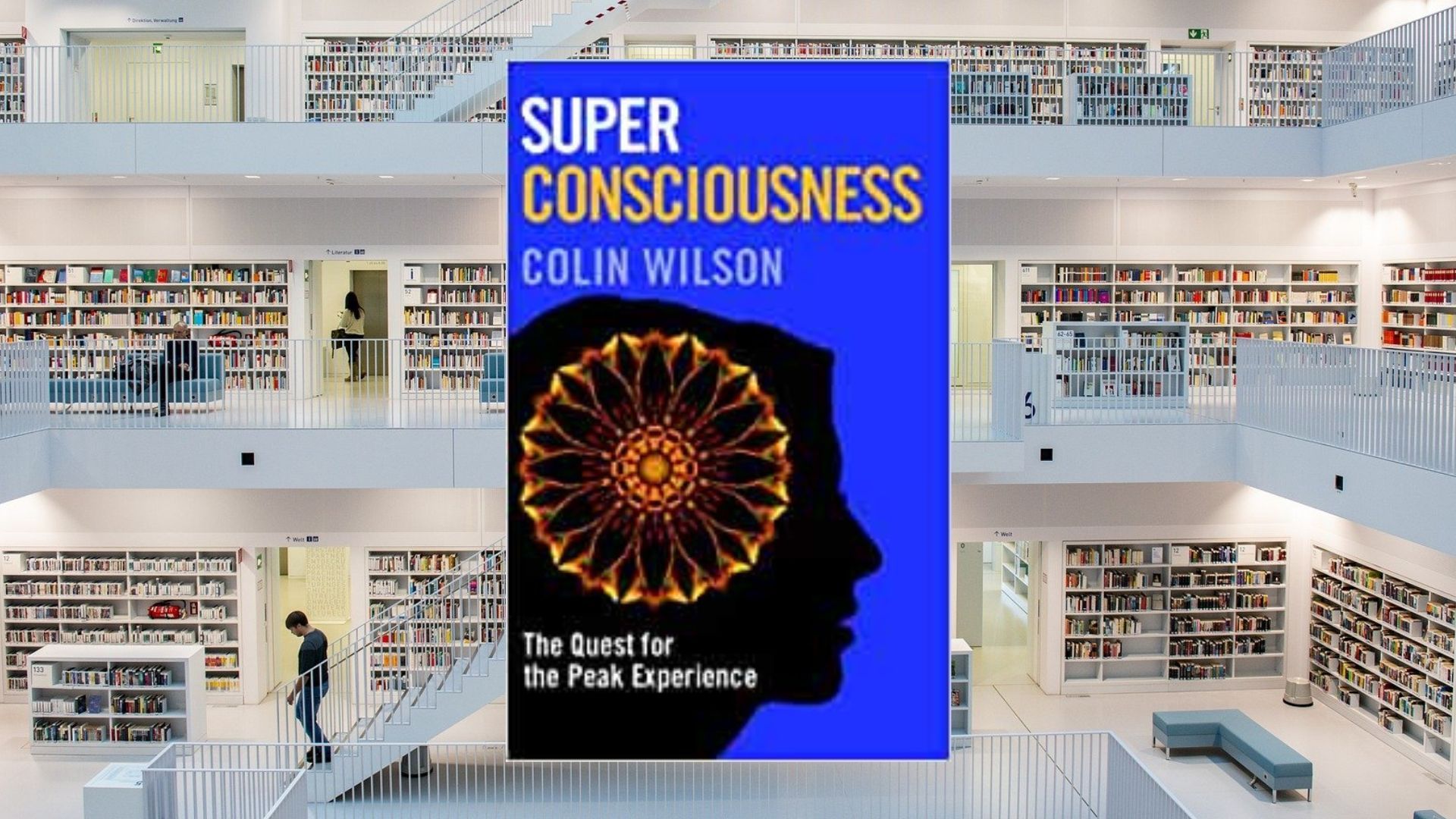
Super Consciousness, by Colin Wilson:
“What I learned from mystics and poets was that ‘everyday consciousness’ is only one of many possible states, and that we become trapped in it by assuming that it is the only kind.”
-Colin Wilson, Super Consciousness
When you change the way you look at things, the things you look at change.
Individuals tend to have much greater control over their internal and external circumstances than they believe and, within reason, you can change your moment-by-moment perception of reality by working to strengthen your consciousness.
The way Colin Wilson conceptualizes it in this book is that life is like a vast museum just full of beautiful artwork that we could perceive, but it's as if we're trying to see in the dark.
We don't bring our full mental faculties to the task, and although the brilliant artwork is still there in the dark, we have to “turn on the lights,” so to speak, to be able to see how beautiful life really is or can be.
Every once in a while, however, we are reminded of the literally stunning beauty and wonder of life, and it shakes us out of our accustomed habits of seeing the world as a rather dull, dreary, miserable place.
It is within our power to shake ourselves out of this suboptimal, habitual way of seeing, and the investigation of how certain people have done that throughout history is Colin Wilson's project here in this book.
Sample Quotes from the Book:
“If you go into an art gallery that is badly lit, you can’t see the pictures properly. Yet you don’t declare that they are therefore bad pictures. This is what the pessimistic philosopher is asserting about life.”
“In short, human beings do possess freedom, but most of the time they waste it by living ‘robotically.’ Yet we only have to make an effort to raise our vitality by one degree, so we are 49 percent robot and 51 percent ‘real you,’ to recognize that freedom is a reality.”
“The lesson is that boredom and lack of purpose are among the most destructive states we can experience.”
Read the Full Breakdown: Super Consciousness, by Colin Wilson
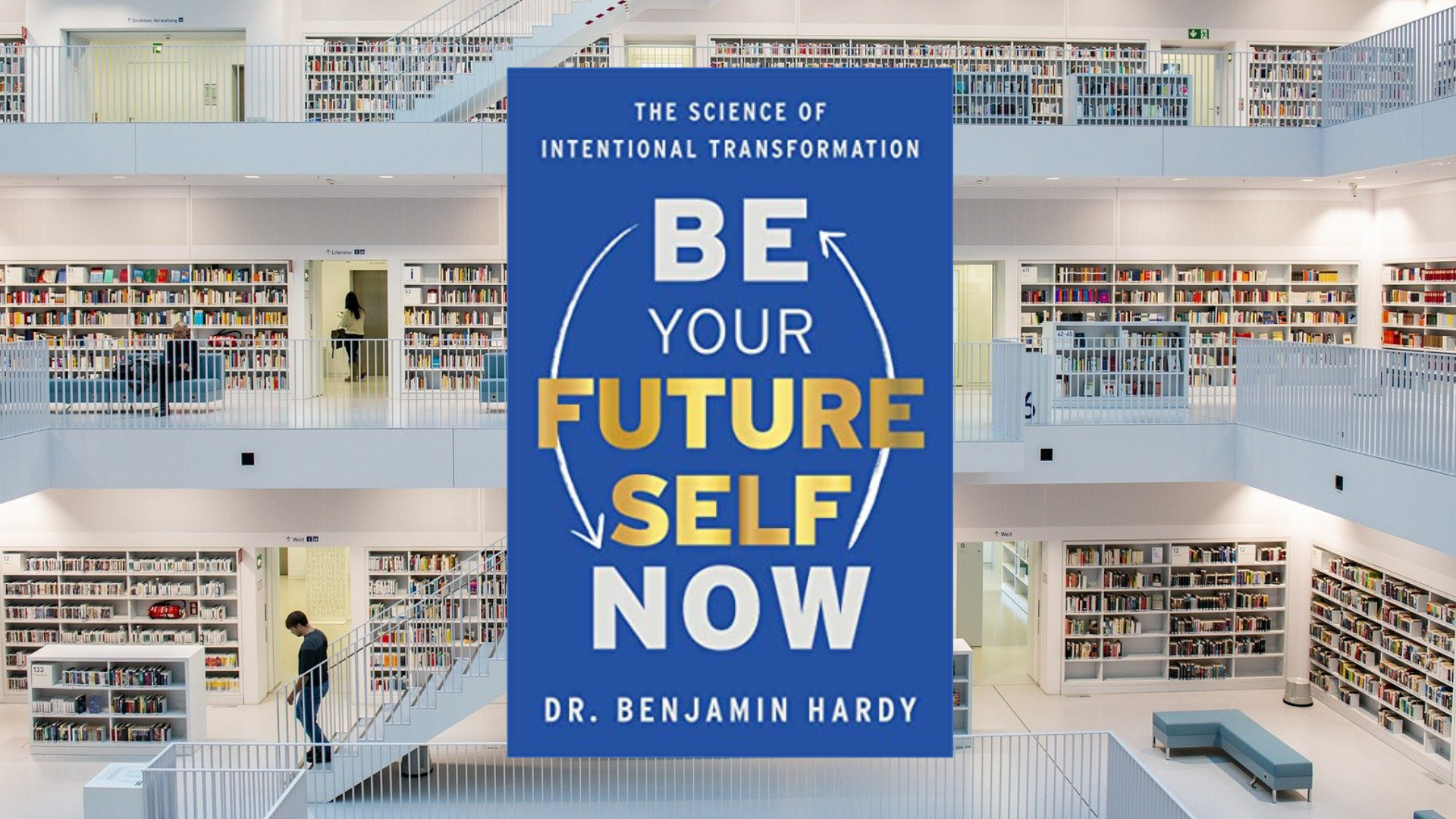
Be Your Future Self Now, by Dr. Benjamin Hardy:
“Assume the consciousness of being the one you want to be, and you will be saved from your present state."
-Neville Goddard
Dr. Benjamin Hardy is the world's leading expert on the science of prospection and the Future Self concept.
Be Your Future Self Now is one of the absolute best introductions to the field, and inside this book, you're going to learn exactly why having a vision for your own future development is so critically important.
But you're also going to receive practical instruction on how to apply the science here and now to make your actual life better. Immediately. Today.
This is a rather long and detailed breakdown, but basically, who and what you're becoming - and your thoughts about it - directly affect the quality of your experience in the here and now.
Not only that but when your imagined Future Self directs your behavior rather than your behavior being directed by your past, that can be the shift that changes your entire life's trajectory.
Instead of running away from something you don't want (pain in your past), you'll be moving toward an exciting future that gives meaning to all of your subsequent days. To this day.
Sample Quotes from the Book:
“The first and most fundamental threat to your Future Self is not having hope in your future. Without hope, the present loses meaning. Without hope, you don't have clear goals or a sense of purpose for your life. Without hope, there is no way. Without hope, you decay."
“If you’re around people who have low expectations for you, you'll fall to those standards. If you're around people with high expectations, you'll rise to those standards."
“Despite acknowledging major changes in themselves over the previous 10 years, people consistently assume only minor changes in themselves over the coming decade."
Read the Full Breakdown: Be Your Future Self Now, by Dr. Benjamin Hardy
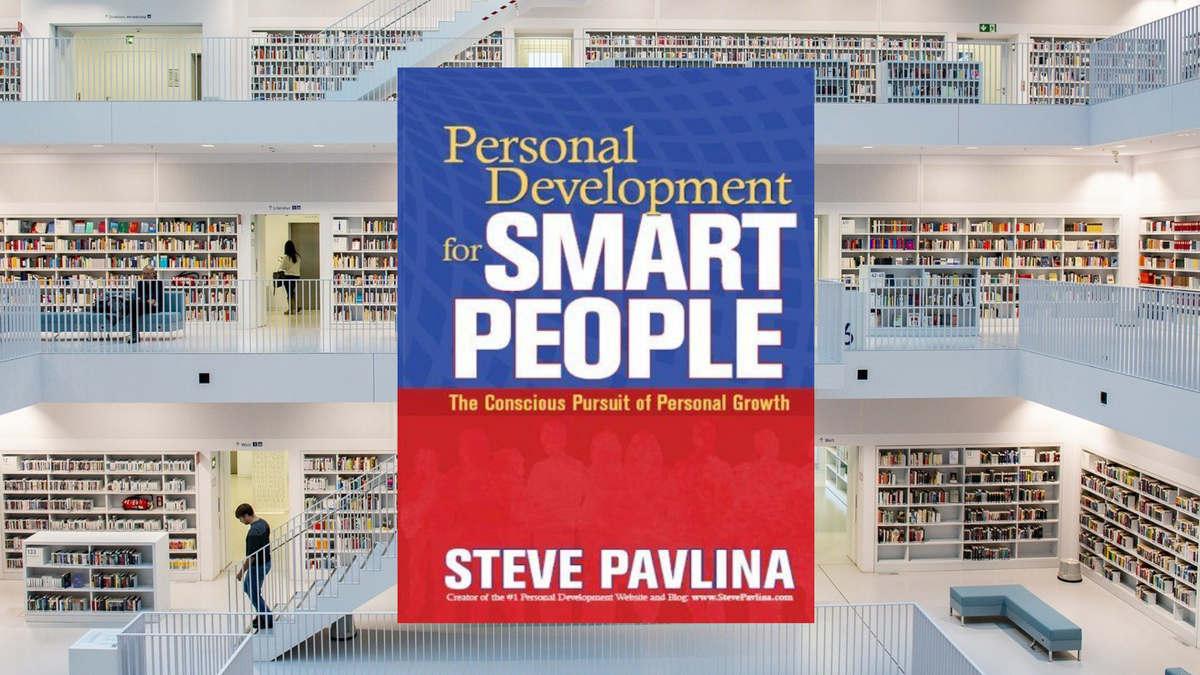
Personal Development for Smart People, by Steve Pavlina:
"A commitment to growth was the solution to all of my worst problems."
-Steve Pavlina
What does it mean to live intelligently, consciously, and forthrightly in the magnificent and infinitely complex world of which we are a part?
This question and all of its astounding implications was Steve Pavlina's overarching obsession, and after years and years of patient and sometimes restless searching, he now believes that the answer lies in the intersection between three core principles: Truth, Love, and Power.
In Personal Development for Smart People, Pavlina also builds on this foundation by explaining that there are also four secondary principles that follow from the first three. They are Oneness, Authority, Courage, and Intelligence, all of which represent some combination of the first three.
Oneness emerges from truth and love; Authority arises from truth and power; Courage comes from the combination of love and power. All of them together lead to the seventh core principle, which is Intelligence.
Virtually every problem can be thought of as a misalignment between your current mode of thinking and these universal laws of life and the universe.
Sample Quotes from the Book:
"Working on your personal growth may seem like a completely selfish undertaking, but in fact, it's the most selfless thing you can possibly do. As you improve your alignment with truth, love, and power, you increase your capacity to serve others. The more intelligent you become, the more good you can do.
If you haven't already discovered this, you'll eventually realize that when you improve yourself, you inspire others to do the same. Those people then inspire even more people, and your positive ripples of growth ultimately impact everyone. As you improve yourself, you improve all of us. As the cells improve, the whole body improves.
If you forget everything else from this book and remember only one piece of advice, it is simply this: The most intelligent thing you can possibly do with your life is to grow."
"It took me almost two and a half years, but I eventually found the solution I was looking for. It consists of just three core principles: truth, love, and power. Four secondary principles are directly derived from the first three: oneness, authority, courage, and intelligence. Oneness is truth plus love. Authority is truth plus power. Courage is love plus power. And intelligence is the total combination of truth, love, and power."
“You can’t avoid the responsibility for what happens on Earth, because you're a part of it. If you think the planet needs saving, you're responsible for saving it. If you think our leaders have gotten off track, you're responsible for getting us back on track. If you see problems in the world that aren't adequately being addressed, you're responsible for addressing those problems."
Read the Full Breakdown: Personal Development for Smart People, by Steve Pavlina

The View from the Opposition:
No one's ideas are beyond questioning. In this section, I argue the case for the opposition and raise some points you might wish to evaluate for yourself while reading this book.
#1: Ironically, Positive Thinking Gets a Negative Rap
You'll never hear me use the word "manifest," except if I'm ridiculing the person who said it. Alright, maybe not "ridiculing," but I do take a fairly strong stance against people who use flowery language or high-minded principles to disguise their lack of real ideas or nefarious underlying motives.
For example, in the United States and elsewhere, there are literally preachers who tell people that if they send money to their church then God will "favor them" or some shit, and they'll be miraculously cured of all these diseases...seriously, it's disgusting, not to mention heartbreaking.
Now, I'm not saying that Bob Proctor was one of these people...I think his intentions were generally good, and I know for a fact that his ideas have helped an enormous number of people. I'm even one of them! It's just that we shouldn't get carried away!
For example, one of Proctor's favorite books is Think and Grow Rich, by Napoleon Hill. It's actually a book I loved personally, but there's some major controversy surrounding the author, and I don't 100% believe Hill's claims.
I still think that the book is worth reading, but as always, use your head, engage your critical thinking faculties, and experiment with these ideas for yourself rather than just taking someone else's word for it. Always a good idea anyway!
#2: The Outer Game is Vital Too
There's this great joke about a guy being stranded on the roof of his house during a flood. He prays to God for help and waits for an answer, all the while his neighbors are preparing to evacuate. They pass by him in their boats and rafts and such, and they all offer to carry the guy to safety.
He politely turns down their offers of help, saying instead, "That's okay. I prayed to God, and he's going to help me."
Later on, search and rescue teams fly by in helicopters and it's the same thing. The guy still says, "That's okay. I prayed to God, and he's going to help me."
Long story short, the guy drowns and goes to heaven. When he's standing there before God, he demands to know why his prayers weren't answered and why God just let him die.
God answers, "What do you mean?! I sent you a boat...I sent you a helicopter..."
The point is that mindset and visualization and all those related practices are certainly helpful, but at a certain point, you just have to get moving. You have to take your success into your own hands. You need to save your own life.
That's a major flaw with a lot of books like this, that they spend so much time focusing on mindset and neglect to tell people that no, you actually have to perform actual work, out there in the actual world, in order to get the results that you want.
I don't necessarily believe that this book is guilty of that, but the idea of using the mindset stuff and then taking massive action to improve your circumstances is so incredibly important that I had to address it again here. So yeah, get in that helicopter, people!
"The test of a first-rate intelligence is the ability to hold two opposed ideas in the mind at the same time and still retain the ability to function.”
-F. Scott Fitzgerald

Questions to Stimulate Your Thinking:
The quality of your questions determines the quality of your life. That's also how you get the absolute most out of any book that you decide to read:
You ask great questions the whole time - as though the book was on trial for its life.
Here in this section are a few questions that can help guide and stimulate your thinking, but try to come up with your own additional questions, especially if you decide to read this book the whole way through...
#1: "Do you know where your old paradigm and your old limiting beliefs came from? Do you know where you picked them up?"
#2: "What does your new paradigm look like? How have your beliefs changed recently about what's possible for you?"
#3: "What's currently holding you back from making these desired changes?"
#4: "How have you sabotaged your own efforts to change in the past? What are three things you could do today to end self-sabotage?"
#5: "What are you willing to do to make your paradigm a reality? How far are you willing to go to shed your limiting beliefs and step into infinite possibility?"
"Judge a man by his questions, rather than by his answers."
-Voltaire
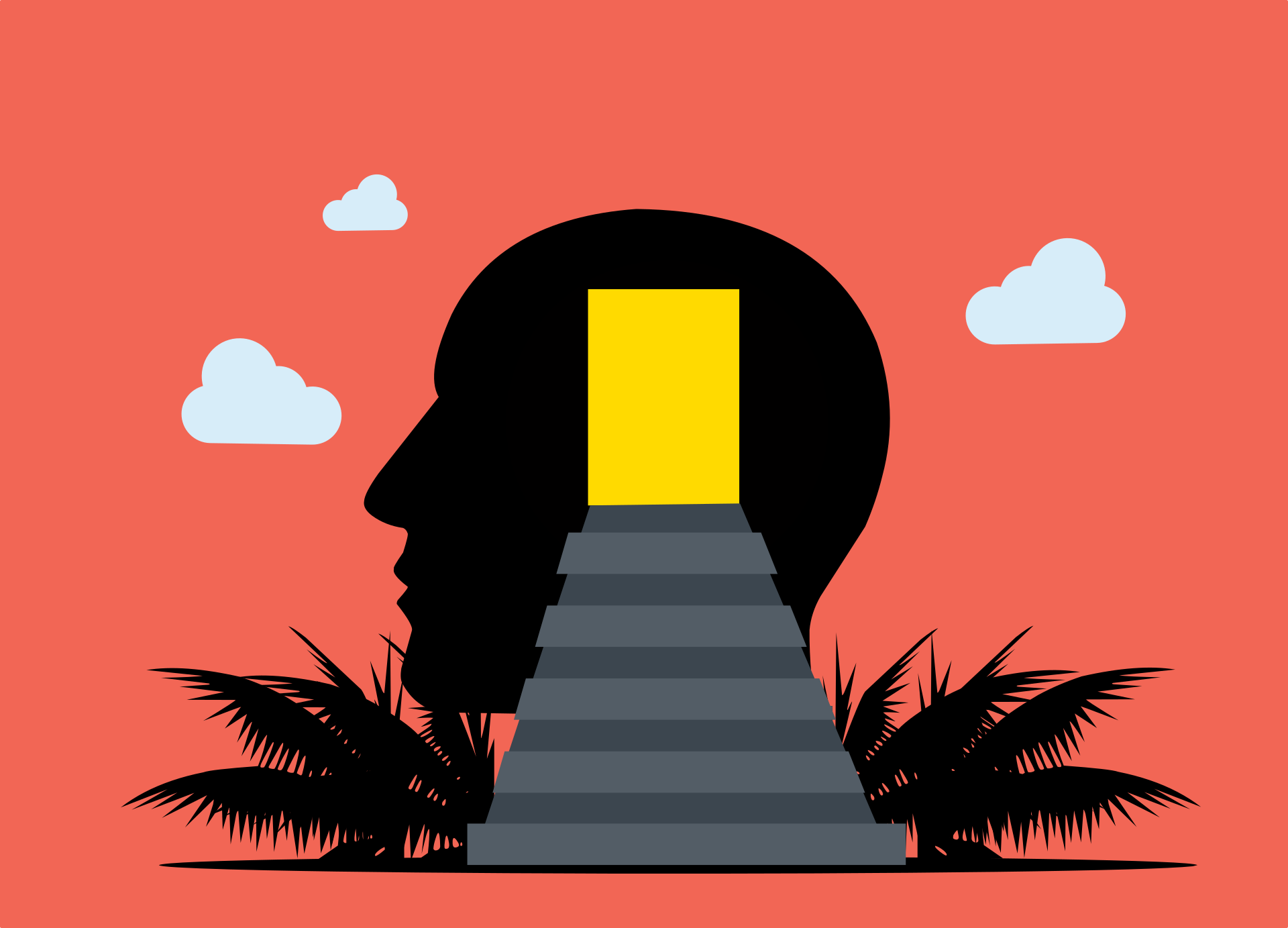
Action Steps:
So you've finished reading. What do you do now?
Reading for pleasure is great, and I wholeheartedly support it. However, I am intensely practical when I'm reading for a particular purpose. I want a result. I want to take what I've learned and apply it to my one and only life to make it better!
Because that's really what the Great Books all say. They all say: "You must change your life!" So here, below, are some suggestions for how you can apply the wisdom found in this breakdown to improve your actual life.
Please commit to taking massive action on this immediately! Acting on what you've learned here today will also help you solidify it in your long-term memory. So there's a double benefit! Let's begin...
#1: Make a Firm Decision
Everything starts with a firm decision. You may have heard this before, but the Latin root of the word, "decide," is decidere, which means literally to cut off, as in cut off any other possibility except this one. To burn the boats, so to speak, and to go all in.
We tend to resist change from the outside, but when we've decided to change, and we enlist the help of others for extreme accountability for our decision, then big things start to happen.
#2: Practice Creative Visualization
This is the most "out-there" thing I'll ever ask you to do, but I do believe it plays a part in bringing about lasting change in our lives.
We need to see the desired change, in clear, bright, vivid detail, and we need to enlist all our senses in order to constantly bring it to the top of our minds.
An important step here is to write out your vision in words and keep it in front of you literally all day long. Some people also print out photos of the kind of life they want to live, and although I don't do that personally, it doesn't strike me as a bad idea either.
#3: Act Like the Person You're Becoming
Our actions tell us who we are. Remember, your brain is always paying attention to what you're doing, and if you perform the actions and the habits of the person you want to become, then eventually, you become that person.
You become what you think about most of the time - what you hold constantly in awareness - and what we all need to do is gather evidence that we are the kind of person we want to become.
We remind ourselves over and over and over again through our words and actions until it's just overwhelmingly true that this is who we are. We act our way into a new mode of being.
#4: Commit for the Next 90 Days
The precise number of days it takes to form a new habit will vary according to the habit and the type of person who's making the effort, but it's a fairly safe bet that if you do something for 90 days, you'll probably do it for the rest of your life.
Odds are, if you commit to a behavior change for the next 90 days and relentlessly carry out those actions every single day until the end, you won't have any difficulty whatsoever continuing the habit for even longer. You'll just be the kind of person who does those things, whether it's meditating, working out, or something else.
You just need to give it enough time to work. You see, most people have a good game plan, it's just that they quit before they're able to see the fruits of their labors. Don't be like everyone else. Stick it out, commit to the process, and promise to persist in your new identity for at least 90 days. Become who you are.
#5: Add the Missing Piece
If you take enough action, it's extremely unlikely that you won't be successful. That's the reality that most people shy away from because they don't want to do the actual work. But you're not like most people, and you're going to make it.
You didn't come this far just to come this far.
Creative visualization is one thing, but what are you actually going to do to create the kinds of results in your life that you want?
Are you willing to send 200 cold DMs per day to potential prospects and pitch them on your services? Are you willing to work out 4x a week for 90 days, eat whole foods, and get at least 8 hours of restful sleep each night? Are you willing to have tough, yet crucial conversations with your significant other about the state of your relationship?
The missing piece is always action. It's follow-through. It's the commitment to sticking to the process long enough to start seeing the results that you want, and then it's the motivation to keep going and going.
You've got a good game plan, and you've got the knowledge to put it into action. You've got the vision of what you want your one and only life to be about.
Now go, step out into the universe, and make it real.
"The path to success is to take massive, determined action."
-Tony Robbins

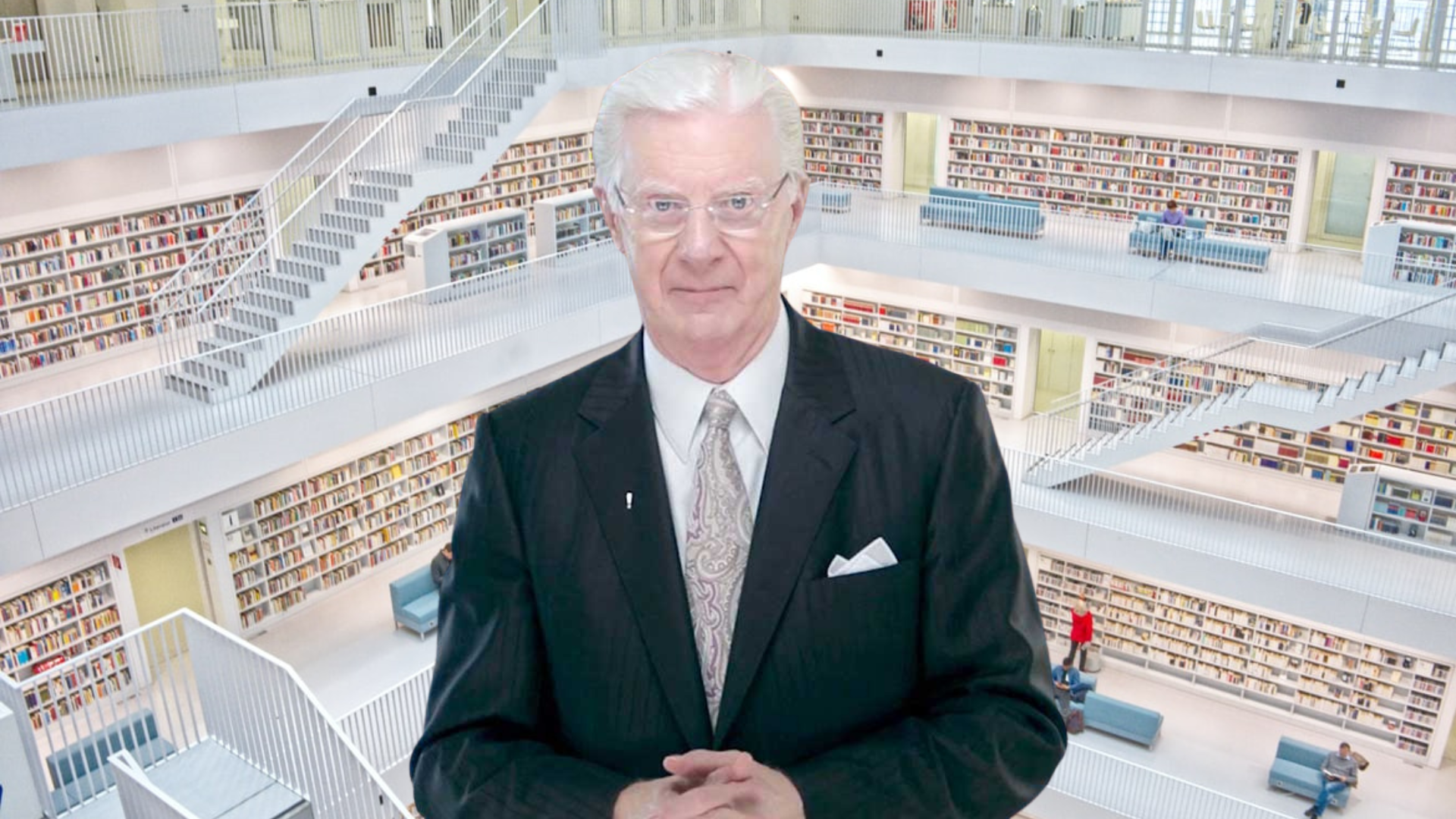
About the Author:
Bob Proctor was a Canadian self-help author and lecturer. He was best known for his New York Times best-selling book You Were Born Rich (1984) and being a contributor to the film The Secret (2006). Proctor's teachings maintained the idea that a positive self-image is critical for obtaining success.
Reading classic books by people like Earl Nightingale, Wallace D. Wattles, and Napoleon Hill inspired him to help others lead lives of prosperity and fullness, and he went on to found the Proctor Gallagher Institute in order to further that mission.
Additional Resources:
Proctor-Gallagher-Institute.com | Main Website
Paradigm Shift: An In-Depth Explanation | YouTube
Tips and Tools from Bob Proctor | Free Resources
This Book on Amazon:
Change Your Paradigm, Change Your Life, by Bob Proctor
If You Liked This Book:
You Were Born Rich, by Bob Proctor
Million Dollar Habits, by Brian Tracy
Super Consciousness, by Colin Wilson
Be Your Future Self Now, by Dr. Benjamin Hardy
Personal Development for Smart People, by Steve Pavlina
The Strangest Secret, by Earl Nightingale
The Science of Getting Rich, by Wallace D. Wattles
Psycho-Cybernetics, by Maxwell Maltz
As a Man Thinketh, by James Allen

